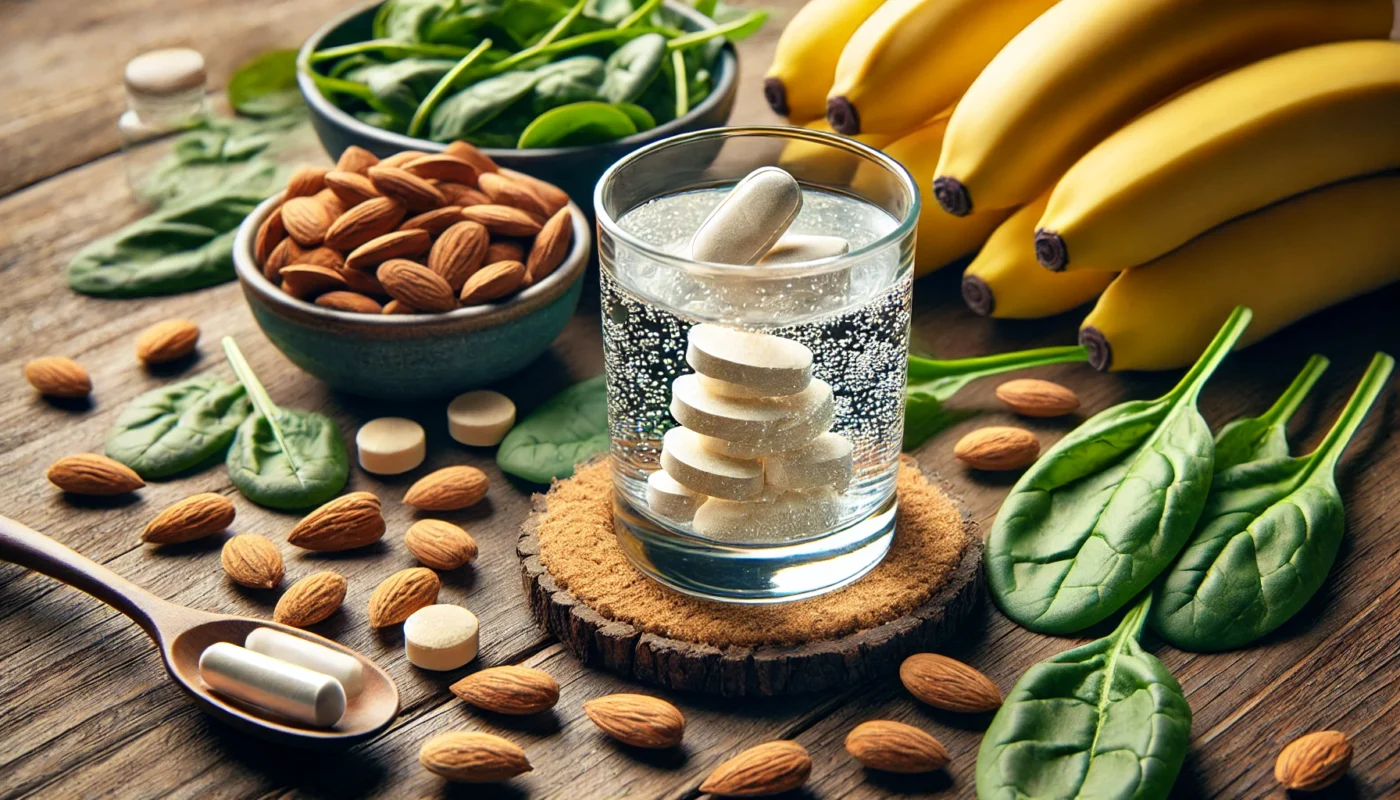Injury recovery is a journey. It’s a process that requires patience, dedication, and the right tools.
One such tool is supplementation.
Supplements can play a crucial role in speeding up injury recovery. They can provide the body with the necessary nutrients to repair damaged tissues, reduce inflammation, and boost overall health.
But understanding which supplements to take can be a challenge.
There’s a vast array of options available, each with its own benefits and considerations. From protein powders to omega-3 fatty acids, from vitamins to herbal remedies, the choices can be overwhelming.
That’s where this guide comes in.
Our aim is to provide you with a comprehensive overview of the top supplements for injury recovery. We’ll delve into the science behind each supplement, explaining how they aid in the healing process.
We’ll also provide practical advice on how to incorporate these supplements into your recovery regimen.










